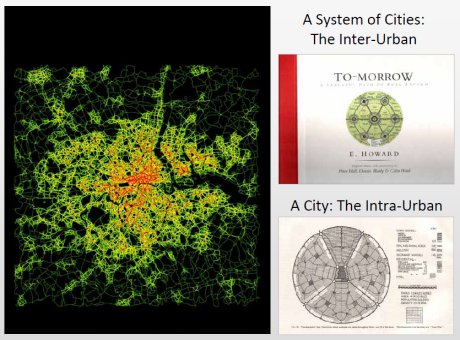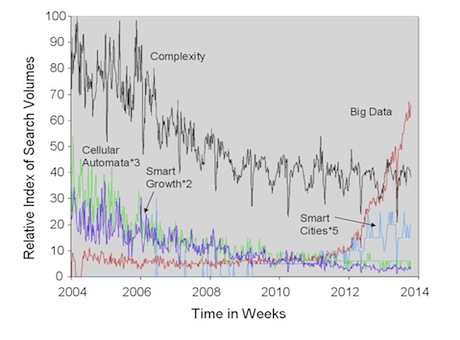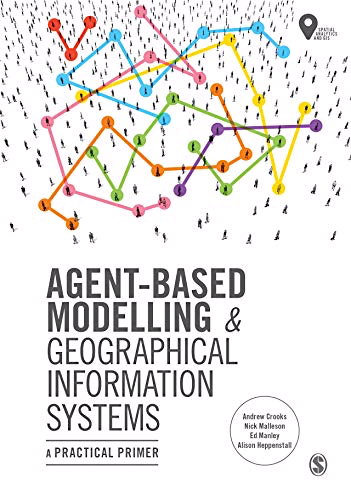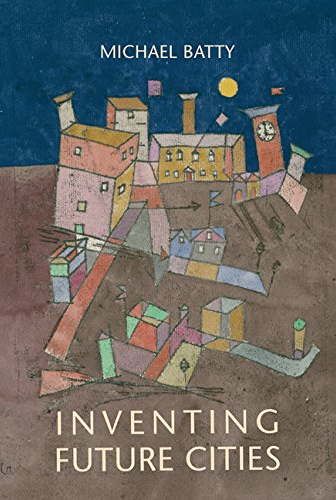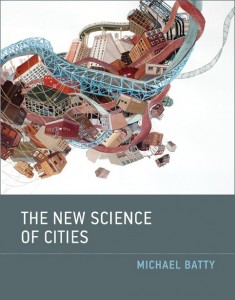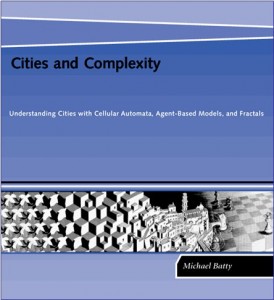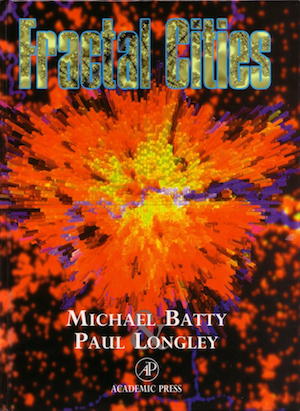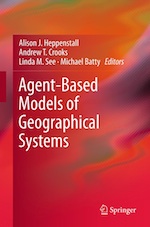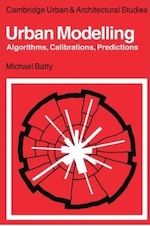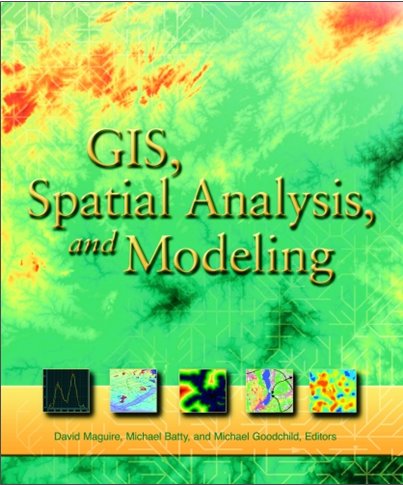CSIRO are running a workshop in their Science Frontier Symposium in central Melbourne from today 12th to friday 14th June. I am talking about a Science of Cities this afternoon at 3-30 in Melbourne Town Hall with Peter Newman and Bob Stimson also presenting. Tomorrow and friday the meeting will be in the University and you can click here for details. There is a short interview about cities relating to the meeting ABC radio broadcast on the RNDrive programme which you can listen to by clicking on their site. The pdf of my powerpoint can be accessed from here (it is 4MB).
Sustainability and the City
New Smart Cities Lectures Online
This is more or less a repeat of my course at ASU earlier this year and although I peppered this with a lot more comment and discussion in terms of the actual presentations to graduates at Tel-Aviv University (TAU), most of the lectures are the same. However, the most remarkable thing about my visit to Israel was my exposure to the Waze technology used by seemingly everyone to navigate the country. Waze is online GPS sensing of where you are with positive feedback to inform you of driving conditions: truly interactive online response to traffic conditions through the automatic and voluntary crowd sourcing of driver information. Watch this space. It will be here (UK) soon, how can it not be.
There are many aspects of smart cities that we did not cover in this course particularly web services, the more arcane and esoteric aspects of social media, and various kinds of apps. In fact, we suggested that alongside these lectures, you should follow the Technicity Coursera `material that we reference here.
The Database of Intentions
The biggest data of all comes from online searchers where there are over 2 billion searches a day, for example, on Google. This is what John Battelle has called the database of intentions for it contains a myriad of what we want for the future and what we consider important now and in the past. Suzy Moat and Tobias Preis have shown us how we can mine this data source and my editorial in the current issue of Environment and Planning B shows how we can use this to find out what is trending in our own field. Of course any crowd-sourced database that is continually being updated provides an index of what our intentions are, and the same is true of everything from the BBC News Website to Wilipedia to Facebook, Flickr and such like. A veritable cornucopia of data awaits our exploration by intelligent mining. The trick is turning this into things that are truly useful in our own field of cities, their understanding, and their planning. There are pitfalls to all of this as our colleague Jon Reades has written about in an insightful article on his blog that you can get access to here.

